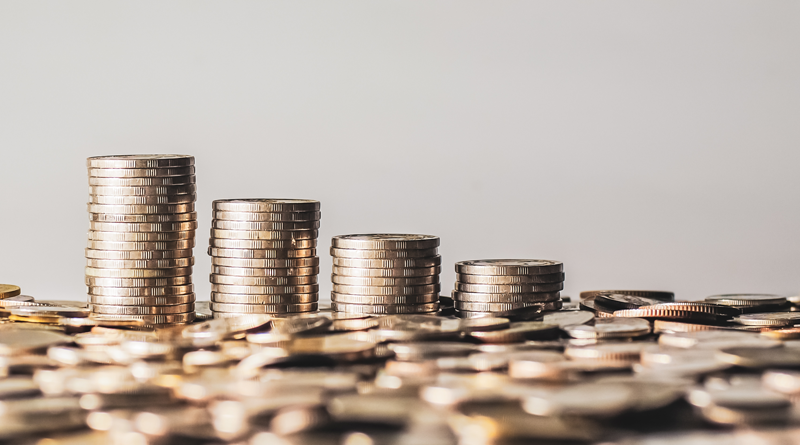Inflation Lower than Expected at 4% as Food Prices Fall

The rate of inflation has remained at 4%, despite forecasters predicting a rise, official figures show.
The consumer price index (CPI) measure of inflation stood at 4% in January, the Office for National Statistics (ONS) said, as lower food prices helped offset an increase in energy costs.
Data from the ONS revealed that inflation, as measured by the consumer prices index, defied predictions of an increase after the first monthly fall in food prices for more than two years.
The Bank of England had predicted a small rise in inflation for January after an increase in the Ofgem energy price cap for households across Great Britain, however, food and non-alcoholic drink prices fell at a monthly rate of 0.4% in January, the first monthly fall since May 2021.
Also coming down in price was furniture and household goods, the ONS said.
This inflationary fall may be a positive sign for the Bank of England, which has been raising interest rates, making borrowing more expensive in an attempt to bring inflation down to the target rate of 2%, with some analysts predicting a rate cut.
Chancellor, Jeremy Hunt, said: “Inflation never falls in a perfect straight line, but the plan is working; we have made huge progress in bringing inflation down from 11%, and the Bank of England forecast that it will fall to around 2% in a matter of months.”
Reacting to the news, Emma McClarkin, chief executive of the BBPA, said the government needs to address inflation urgently so as to relieve the ongoing financial burden on the brewing industry.
“The continuation of inflation at 4% in January will do nothing to alleviate the significant pressure on the beer and pub sector that long ago ran out of room to absorb cost increases while also staying in business.”
Looking ahead, Ms McClarkin said: “The government must take the opportunity of next month’s Budget to make the vital cuts to beer duty, long term reforms to business rates…This will allow pubs and breweries to start to recover from this period of cost rises and return to bringing prosperity and social value to their local communities.”
Kate Nicholls, Chief Executive of UKHospitality, said: “The rate of inflation not increasing, as widely expected, is positive but let’s not forget that this still means prices are continuing to rise. Hospitality businesses are continuing to feel the brunt of these costs, with food, drink and energy all continuing to rise at a rapid rate.
“With business rates set to increase by 6.7% and the National Living Wage rising in April, venues will be hit once again by a tsunami of additional costs. Unfortunately, the vast majority of businesses have absorbed all they can and are now forced to pass these onto consumers.
“If the Government wants to avoid the risk of an inflationary spike in April and the following months, it should take action at the Budget to cap business rates increases and reduce the rate of VAT for hospitality.”
